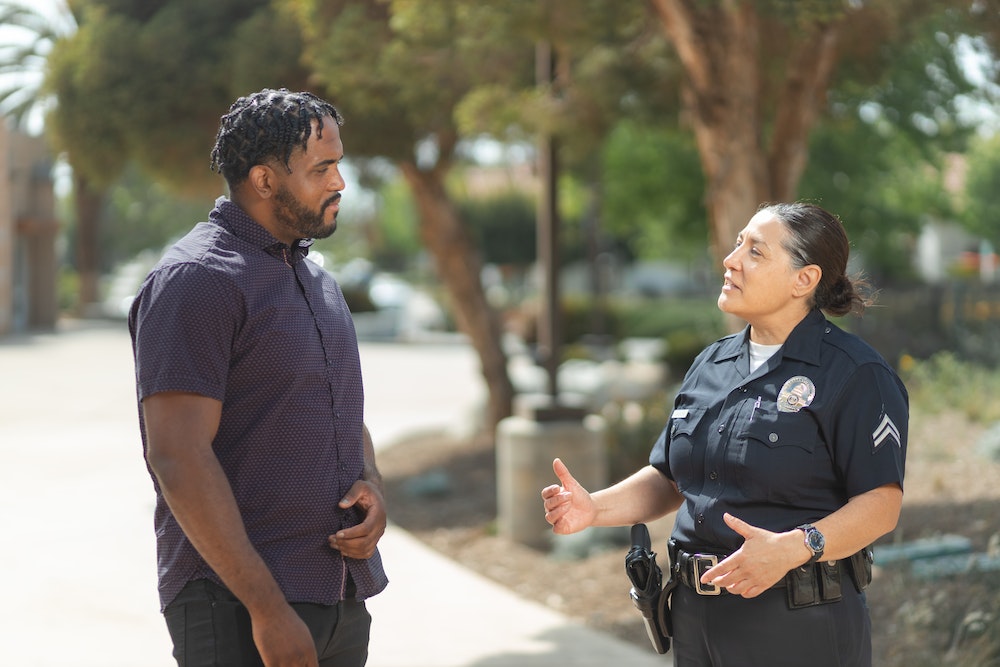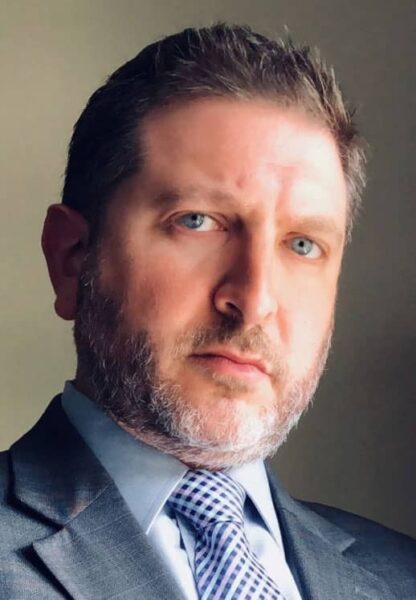What Does Having a Felony Prevent You From Doing?

You’ve probably heard that a felony conviction can have long-lasting effects on your life. But do you truly understand the extent of these consequences?
A felony record doesn’t just mean time spent behind bars; it extends far beyond that, impacting various aspects of your everyday living. From employment restrictions to limitations on education opportunities, the ripple effect of a felony is extensive and often difficult to navigate. Here are five things that a felony conviction can prevent you from doing.
1. Getting a Good Job
Despite laws like the Fair Chance Act designed to prevent job discrimination, many employers are still wary of hiring ex-felons. This fear and stigma often lead to implicit bias in employment practices, making it difficult for individuals with a criminal record to secure employment.
Some employers might perceive you as untrustworthy or unreliable because they associate criminal records with dishonesty or instability. Furthermore, certain jobs require professional licenses, which can be denied due to a felony conviction. Occupations such as nursing, teaching, and law are just a few where license denial is common if you have a felony on your record.
2. Finding Decent Housing
Navigating the housing market can be daunting if you have a felony on your record. You may encounter substantial challenges when attempting to rent from private landlords due to background checks and stringent rental criteria.
Furthermore, certain convictions could make you ineligible for public housing, limiting your options for affordable living spaces.
Difficulty in Renting
Believe it or not, your felony conviction can seriously damage your ability to rent an apartment or house; many landlords and property management companies may turn you down flat. The stigma impact of a criminal record can be substantial, especially when it comes to renting.
Landlords often conduct background checks on potential tenants and may be unwilling to rent to someone with a felony conviction due to perceived risks, such as property damage or involvement in illegal activities. This negative perception can make finding housing incredibly difficult for those trying to rebuild their lives post-conviction.
Ineligibility for Public Housing
Adding to the woes, it’s not just private landlords that might slam the door in your face; public housing options can also be off-limits. Federal laws grant local housing authorities broad discretion to deny eligibility for public housing based on criminal history. Having a felony doesn’t only limit your freedom but also restricts your access to essential resources such as decent accommodation. This unfortunate reality underscores the importance of comprehensive reentry programs aimed at reducing recidivism and facilitating successful reintegration into society after serving time.
3. Voting
Did you know a felony conviction can strip you of your fundamental right to vote? This is one of the significant civil rights impacts faced by individuals convicted of a felony.
The process, known as felony disenfranchisement, varies from state to state in the United States. Some states, including Ohio, automatically restore voting rights after the completion of the sentence, while others require an additional waiting period or a governor’s pardon. However, in some jurisdictions, felons lose their voting rights permanently.
4. Pursuing Higher Education
You may find it challenging to pursue higher education after a felony conviction due to several barriers.
Often, universities and colleges require background checks, which can result in denial of admission based on your criminal record.
You may also face financial difficulties as certain government financial aid programs become inaccessible for those with felony convictions.
Barriers to Higher Education
A felony on your record can seriously hinder your chances of pursuing higher education. Some colleges and universities may have policies against admitting individuals with criminal histories, making it difficult to integrate into academic communities. This unfortunate situation can manifest in different ways. You might be denied admission due to the felony status despite meeting all other requirements.
You may also encounter challenges when applying for internships, work-study programs, or job placements since many employers hesitate to hire those with criminal backgrounds. Having a felony conviction may also limit your loan accessibility when it comes to government-provided financial aid. The U.S. Department of Education has stringent rules regarding eligibility for its aid programs. If you’ve been convicted of certain crimes, you may not be eligible for certain types of student aid.
5. Owning a Gun
Unfortunately, a felony conviction generally strips you of your right to own or possess firearms. The impact of firearm legislation on individuals with felony convictions is profound and far-reaching. As per the Gun Control Act of 1968 in the United States, anyone convicted of a crime punishable by more than one year in prison is prohibited from owning, purchasing, or possessing firearms. This restriction applies regardless of whether the offense was violent or non-violent.
Contact a Criminal Defense Lawyer at The Botnick Law Firm Today
If you’ve been convicted of a felony, our criminal defense attorneys at Botnick Law Firm can help you pursue an expungement — the process of removing a conviction from your record. The truth is a felony conviction affects your life well beyond the initial punishment, limiting your access and opportunities for the rest of your life. Let us help you get out from under your felony charge.
Contact us today for a consultation.



